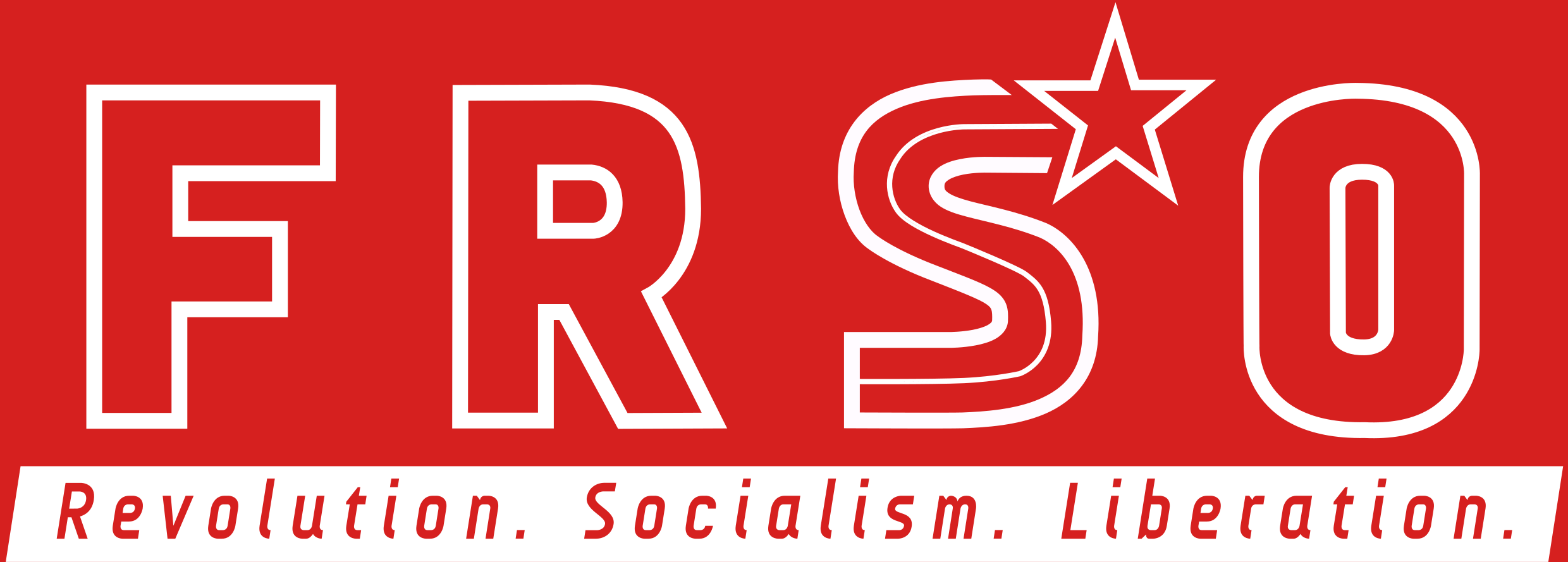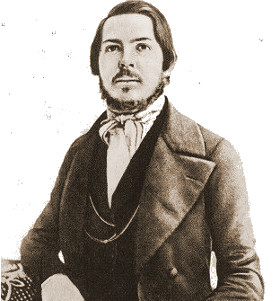November 28 marks the 200th anniversary of the birth of one of the greatest revolutionaries of all times, Fredrick Engels. Born the son of a factory owner in Barmen, Germany, Engels, along with his comrade and friend Karl Marx, made immense contributions to the struggle for emancipation of the working class. In the U.S. today, monopoly capitalism has revealed itself a corrupt and criminal system that is unable to meet the needs of the vast majority of people. It rewards the wealthy with fabulous profits and unimaginable riches. As a result, there is renewed interest in socialism.
What has made scientific socialism, the socialist theory elaborated by Engels – along with Marx, Lenin, Stalin and Mao – so powerful is both its truth and as a result, its practicality – it is a science that lays bare the laws that guide the development of society and nature. The better a doctor understands disease, the better a doctor is able to treat it. The better a revolutionary understands the enemy and the system that serves it, the sooner the revolutionary can break the power of the class enemy and bring the system of exploitation to an end.
In the words of VI Lenin, “The services rendered by Marx and Engels to the working class may be expressed in a few words thus: they taught the working class to know itself and be conscious of itself, and they substituted science for dreams.”
In pathbreaking works such as The Origin of the Family, Private Property and the State; Socialism: Utopian and Scientific and Anti-Dühring, along with The Dialectics of Nature, which was published after his passing, Engels laid out the fundamental principles of dialectical and historical materialism. These vital works should be studied today by every communist who wants to know the world with the purpose of changing it.
In Socialism: Utopian and Scientific, Engels offered the following summation of historical materialism, stating, “The materialist conception of history starts from the proposition that the production of the means to support human life and, next to production, the exchange of things produced, is the basis of all social structure; that in every society that has appeared in history, the manner in which wealth is distributed and society divided into classes or orders is dependent upon what is produced, how it is produced, and how the products are exchanged. From this point of view, the final causes of all social changes and political revolutions are to be sought, not in men’s brains, not in men’s better insights into eternal truth and justice, but in changes in the modes of production and exchange. They are to be sought, not in the philosophy, but in the economics of each particular epoch.”
To apply this to today’s conditions: the capitalist mode of production and exchange in the U.S. has reached a period of decline and crisis, and this has an impact on the political and ideological superstructure that interplays with this moribund economic base. Every contradiction of imperialism, or monopoly capitalism, is intensifying, and the result is a great upsurge in the struggle between progress and reaction, socialism and capitalism, between the oppressed and oppressor. The power of that upsurge was seen over the past year, as cities across the U.S. were on fire with struggle against police terror, racist discrimination and national oppression.
Engels’ method was to seek truth from facts. Be it investigating the peasant rebellions of the 1400s, the origins of the family, or the nature of the state, Engels always tried to ground himself in reality. But he never made the mistake of thinking what is, is what will always be. He saw the contradictions of capitalism as leading to a sharpening class struggle would inevitably lead towards the overthrow of the bourgeoisie, and the working class conquering political power, establishing socialism, and undertaking the journey to a society without classes – communism.
A tireless builder of revolutionary organization, Engels could constantly be found in the leadership of the socialist movement. From the League of the Just to the First and then Second Internationals, Engels demonstrated how to make revolutionary theory serve revolutionary practice. His entire life’s work was based on the understanding that you cannot be communist by yourself.
Engels coauthored with Marx the single most important piece of socialist literature ever, The Communist Manifesto. It would become one of the most widely translated books ever, and a frame of reference to a socialist movement that would rapidly grow following its publication in 1848.
The Manifesto concludes with the stirring declaration, “The Communists disdain to conceal their views and aims. They openly declare that their ends can be attained only by the forcible overthrow of all existing social conditions. Let the ruling classes tremble at a Communistic revolution. The proletarians have nothing to lose but their chains. They have a world to win.” From the Manila to Minneapolis to Moscow – these words reverberate in world that cries out for change.




